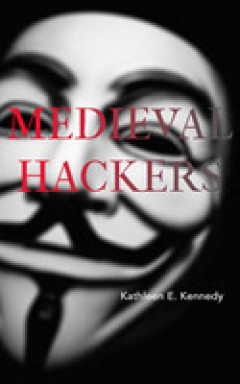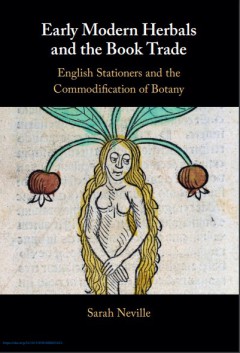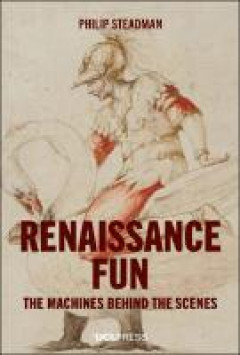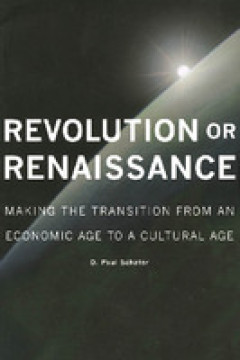Filter by

Medieval Hackers
Medieval Hackers calls attention to the use of certain vocabulary terms in the Middle Ages and today: commonness, openness, and freedom. Today we associate this language with computer hackers, some of whom believe that information, from literature to the code that makes up computer programs, should be much more accessible to the general public than it is. In the medieval past these same terms w…
- Edition
- -
- ISBN/ISSN
- 9780692352465
- Collation
- ScholarLed
- Series Title
- -
- Call Number
- -

Early modern herbals and the book trade :English stationers and the commodifi…
Between 1525 and 1640, a remarkable phenomenon occurred in the world of print: England saw the production of more than two dozen editions identified by their imprints or by contemporaries as 'herbals'. Sarah Neville explains how this genre grew from a series of tiny anonymous octavos to authoritative folio tomes with thousands of woodcuts, and how these curious works quickly became valuable com…
- Edition
- -
- ISBN/ISSN
- 9781009031615
- Collation
- xvi; 290p; ill.
- Series Title
- -
- Call Number
- 615.3210942 EAR S

Renaissance fun
Renaissance Fun is about the technology of Renaissance entertainments in stage machinery and theatrical special effects; in gardens and fountains; and in the automata and self-playing musical instruments that were installed in garden grottoes. How did the machines behind these shows work? How exactly were chariots filled with singers let down onto the stage? How were flaming dragons made to fly…
- Edition
- -
- ISBN/ISSN
- 9781787359154
- Collation
- -
- Series Title
- -
- Call Number
- 792.02509031 REN

Revolution or renaissance :making the transition from an economic age to a cu…
In Revolution or Renaissance, D. Paul Schafer subjects two of the most powerful forces in the world – economics and culture – to a detailed and historically sensitive analysis. He argues that the economic age has produced a great deal of wealth and unleashed tremendous productive power; however, it is not capable of coming to grips with the problems threatening human and non-human li…
- Edition
- -
- ISBN/ISSN
- 9780776617732
- Collation
- ii; 320 pg.
- Series Title
- -
- Call Number
- 306
 Computer Science, Information & General Works
Computer Science, Information & General Works  Philosophy & Psychology
Philosophy & Psychology  Religion
Religion  Social Sciences
Social Sciences  Language
Language  Pure Science
Pure Science  Applied Sciences
Applied Sciences  Art & Recreation
Art & Recreation  Literature
Literature  History & Geography
History & Geography